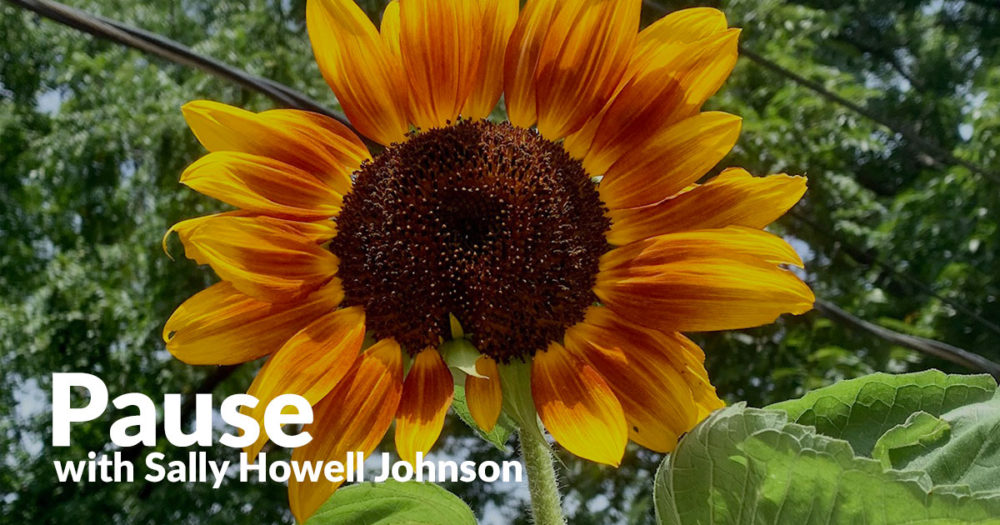“I laugh at my failing strength in old age,
Yet still dote on pines and crags, to wander there in solitude.
How I regret that in all these past years until today,
I’ve let things run their course like an unanchored boat.”
~ Tr. James Hargett
A couple of days ago I bought a beautiful, small book simply entitled ‘Zen Poems’. All are poems from the Zen Buddhist tradition translated from several languages into English. This morning as I looked through this little tome, I was struck with these four lines. I often find myself circled by people who speak of their age, whether young or old in years. It seems one of those barometers by which we measure all kinds of things. Strength. Intellect. Wisdom. Success. Failure. Personal appearance. To name a few. Sometimes there is laughter about the years and other times great sadness at however we allow the meter to measure this thing we call life.
The first thing about this poem that captures my imagination is the wisdom, I believe, of a life spent wandering in a wilderness that offers pines, crags and especially solitude. It might be that the poet has the ability to laugh at a waning strength in the accumulated years because they knew the gift and wisdom of solitude. I dare say, many of us reach some advanced years without ever learning the immense offering that the practice of solitude can bring to us.
The second thing about this poem is the word regret. I would venture a guess that none of us want to reach our middle or later years with too many portions of regret on our plates. It is a unique experience to, in the presence of good and trusted friends, to articulate those things we hope to never regret. Some of these are regrets of what we have done but most often they are those we have left undone. This is the source of the term ‘Bucket List’. Those regrets of what we have left undone can paralyze in ways that slash our souls and harden our hearts.
And then there is the wonderful image of that unanchored boat, a boat that has been without chart or course or what grounds it. This is the line that nags me most of all. How much of my life has been frittered away with trivial details that mean very little in the course of what is truly important? How many moments have been lost in a sea of activity that was more like a dog chasing its own tail than any purposeful practice of living? And how many days have I allowed the gift of solitude to be drowned out by the monkey mind of list upon list? Maybe these are not questions that you have asked yourself but they are those I carry firmly packed in my own baggage.
The poets words have urged me to think about how I shape the patterns of my days. And, of course, the ways in which we shape our days is the way in which we shape our lives. So here are my questions for your consideration and my own at the beginning of this spring weekend: How are you measuring your years, your age? Are you taking stock of what is really important to you? What are your regrets? What has been done or left undone that is important to you? How do you want to shape your days and your life? In what are you anchoring your boat?
Zen poetry is about being honest, about being present, about letting go, about connecting with what river runs deepest in us. May we all be open to the questions and ready to receive the wisdom of the answers.
Blessed be.






